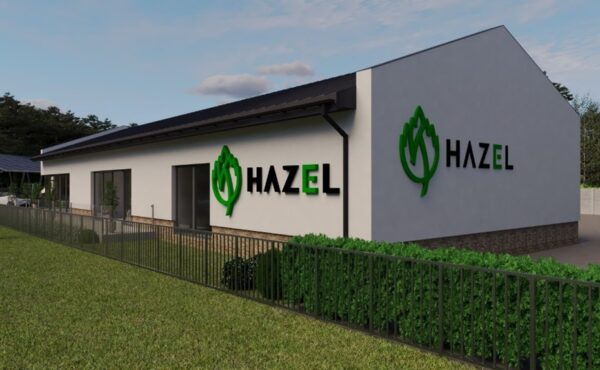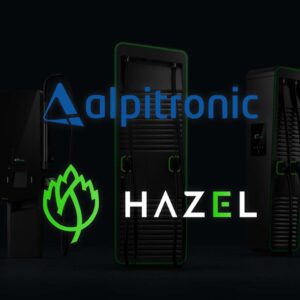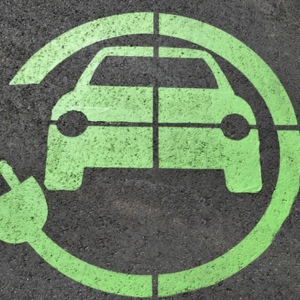The development of electric vehicle (EV) charging infrastructure is a crucial element in the automotive industry’s transformation towards sustainable mobility. Both Poland and many other countries are heavily investing in expanding their charging networks to meet the growing demand for EV chargers.
Global Trends and Innovations
Worldwide, EV charging infrastructure is growing rapidly. Countries such as China, the United States, Germany, Norway, and the Netherlands are leading in the number of charging points and the implementation of modern technologies. In 2023, the global number of electric vehicles reached approximately 26.8 million, and forecasts for 2024 indicate further growth in sales and infrastructure expansion (Polish EV Outlook) (Wprost Auto).
Investments in ultra-fast chargers, which can charge a car within minutes, are becoming increasingly common. Innovations such as wireless charging and smart grids are also gaining importance, enabling more efficient energy management (www.paih.gov.pl) (PSNM).
Poland: Rapid Growth and Ambitious Plans
In Poland, EV charging infrastructure is also developing dynamically. At the beginning of 2024, the number of charging points exceeded 7,000, with the government and private companies like Hazel heavily investing in the development of fast charging stations. Future plans include further expansion of the charging network, especially along highways, in city centres, and at commercial parking lots. Our company, Hazel, is actively involved in this process by building hubs with fast chargers that provide drivers with convenience and easy access to charging. The construction of our new headquarters is also in full swing – it will be a place where anyone can test our chargers and applications in real-time. Moreover, this headquarters will utilize green energy, aligning with our vision of sustainable development. More information on this will be available soon.
Challenges and Prospects
Despite rapid development, the EV charging industry faces several challenges. It is necessary to further increase the number of charging points, especially in rural and less urbanized areas. Integrating chargers with renewable energy sources and developing energy storage technologies are crucial for ensuring the stability of the power grid (Polski Związek Przemysłu Motoryzacyjnego) (Gov.pl).
The future of EV charging infrastructure looks promising, with the coming years expected to bring even greater investments and innovations that will contribute to the widespread adoption of electric vehicles worldwide. In Poland, the Polish Association of Alternative Fuels (PSPA) highlights the need to expedite connection procedures and implement appropriate directives, which are key to further developing charging infrastructure (PSNM).
Conclusion
The development of EV charging infrastructure in Poland and worldwide is essential for the future of the automotive industry. Intensive investments, technological innovations, and strategic planning will create a charging network that meets the growing demand for electric vehicles, contributing to sustainable mobility and environmental protection.
Our company, Hazel, is proud of its contribution to the development of EV charging infrastructure, both through the construction of fast charging hubs and investments in green energy. Follow our blog for regular updates on the latest information and trends in the EV industry.









